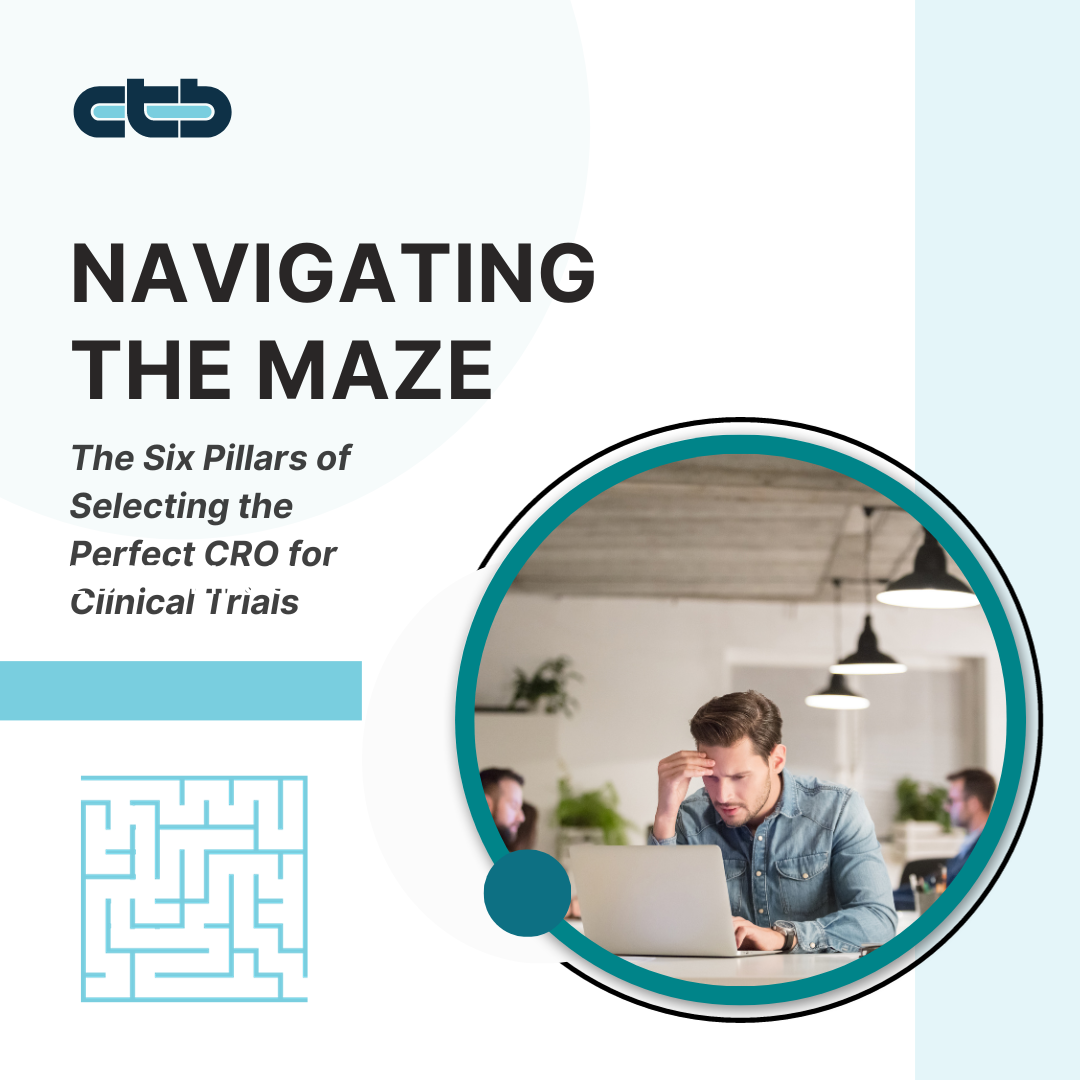1. Realistic Expectations:
In the realm of clinical trials, time is not just a ticking clock; it’s a precious commodity that can make or break a study. Budgets, too, walk a tightrope, requiring careful balancing. Setting realistic expectations on timelines and project scope is akin to laying the foundation for a sturdy ship. Acknowledge the intricacies of clinical trials – lengthy and expensive, yet pivotal – ensuring a clear understanding of the time and resources needed for a successful voyage.
2. Experience Matters:
Not all CROs are cut from the same cloth, and experience is the compass that guides them. Beyond evaluating experience broadly, delve into their expertise within your therapeutic domain. Like skilled sailors navigating different seas, choose a CRO with a proven track record in the specific phase of your study. Each stage of drug development demands unique skills, and aligning with a CRO possessing that expertise is the wind in your sails, propelling you towards success.
3. Financial Fortitude:
The clinical trial sea is unpredictable; storms can arise at any moment. Ensure the CRO you select possesses financial resilience, capable of weathering uncertainties without capsizing your project. Like a well-prepared ship, financial stability safeguards against the ebb and flow of the industry, preventing your study from being stranded on the shores of financial instability.
4. Technological Progress:
In the age of digital navigation, a CRO’s technological capabilities are your high-tech compass. Opt for a CRO with a robust tech toolkit – Electronic Data Capture (EDC) systems, Electronic Medical Record (EMR) systems, electronic Trial Master Files (eTMFs), and electronic Regulatory systems (eReg). This ensures smooth sailing through the digital currents, with swift movements and minimal data turbulence, ultimately enhancing the efficiency and accuracy of your study.
5. Cultural Compatibility:
Just as a crew must work in harmony, your CRO should align with your company’s values and culture. Beyond hard skills, assess soft skills and cultural fit. Choosing a CRO that dances to the same cultural tune ensures a smoother voyage, where everyone is rowing in the same direction. This cultural compatibility fosters collaboration and understanding, creating an environment where challenges are met with unity and resilience.
6. Communication is the Wind in Your Sails:
Effective communication is the north star in the clinical trial universe. Choose a CRO that communicates like a seasoned captain – responsive, transparent, and always navigating in sync with your goals. Clear communication ensures that your ship stays on course, avoiding potential missteps and steering through any unforeseen challenges. Regular updates, open dialogue, and a shared vision make communication not just a tool but a powerful force driving your study forward.
In conclusion, selecting the right CRO is strategic navigation through a dynamic sea of choices.
By weighing experience, financial resilience, technological prowess, cultural fit, and communication skills, you’re not just choosing a CRO – you’re selecting the crew that will help you conquer uncharted territories, navigate the complexities of clinical trials, and bring your study to a safe and successful harbor.

